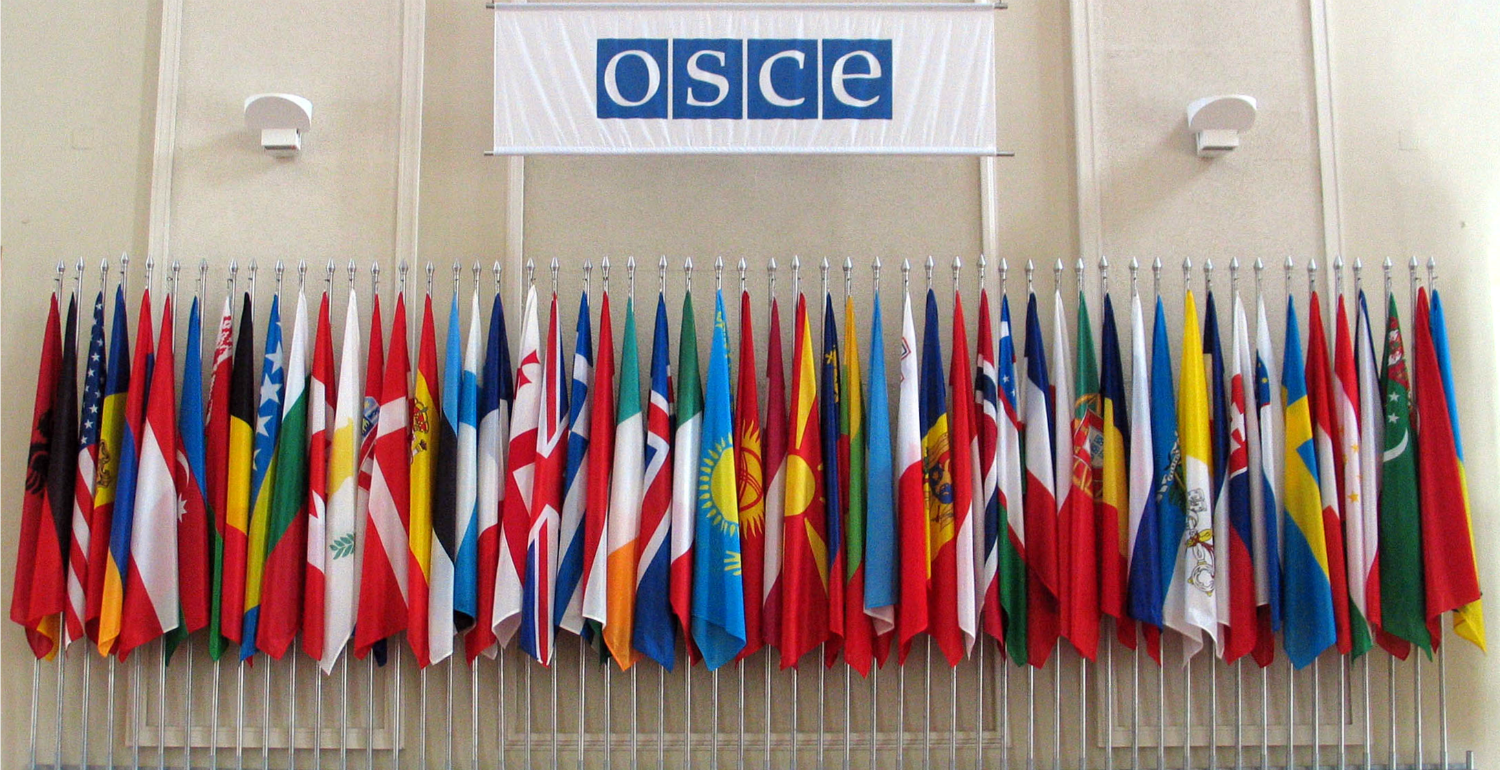This hearing, chaired by Commissioner Christopher H. Smith (NJ-04), focused on the current state of affairs of Coptic Christians in Egypt and their future in light of the Arab Spring. Coptic Christians, who make up eight percent of Egypt’s population, have historically been marginalized, discriminated against, persecuted, and even physically attacked. The perpetrators have been not only Muslim extremists, but also the Egyptian government itself. However, violence against Copts has escalated since the revolution.
Witnesses present at this hearing included Caroline Doss, JD, Vice President of Coptic Solidarity; Michele A. Clark, Adjunct Professor at George Washington University’s Elliott School of International Affairs; and Jean Maher, president of the French Office at the Egyptian Union for Human Rights Organization.






